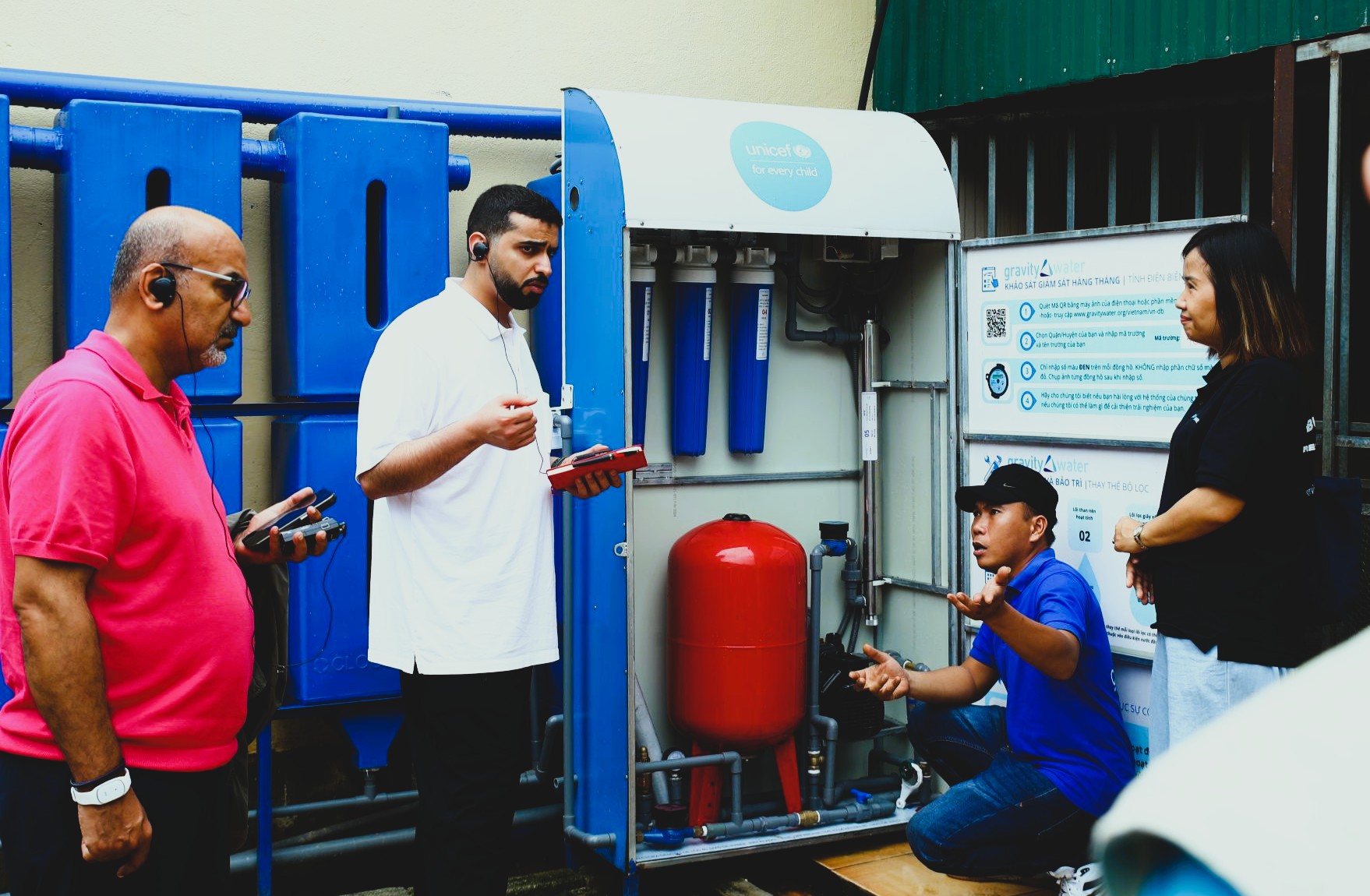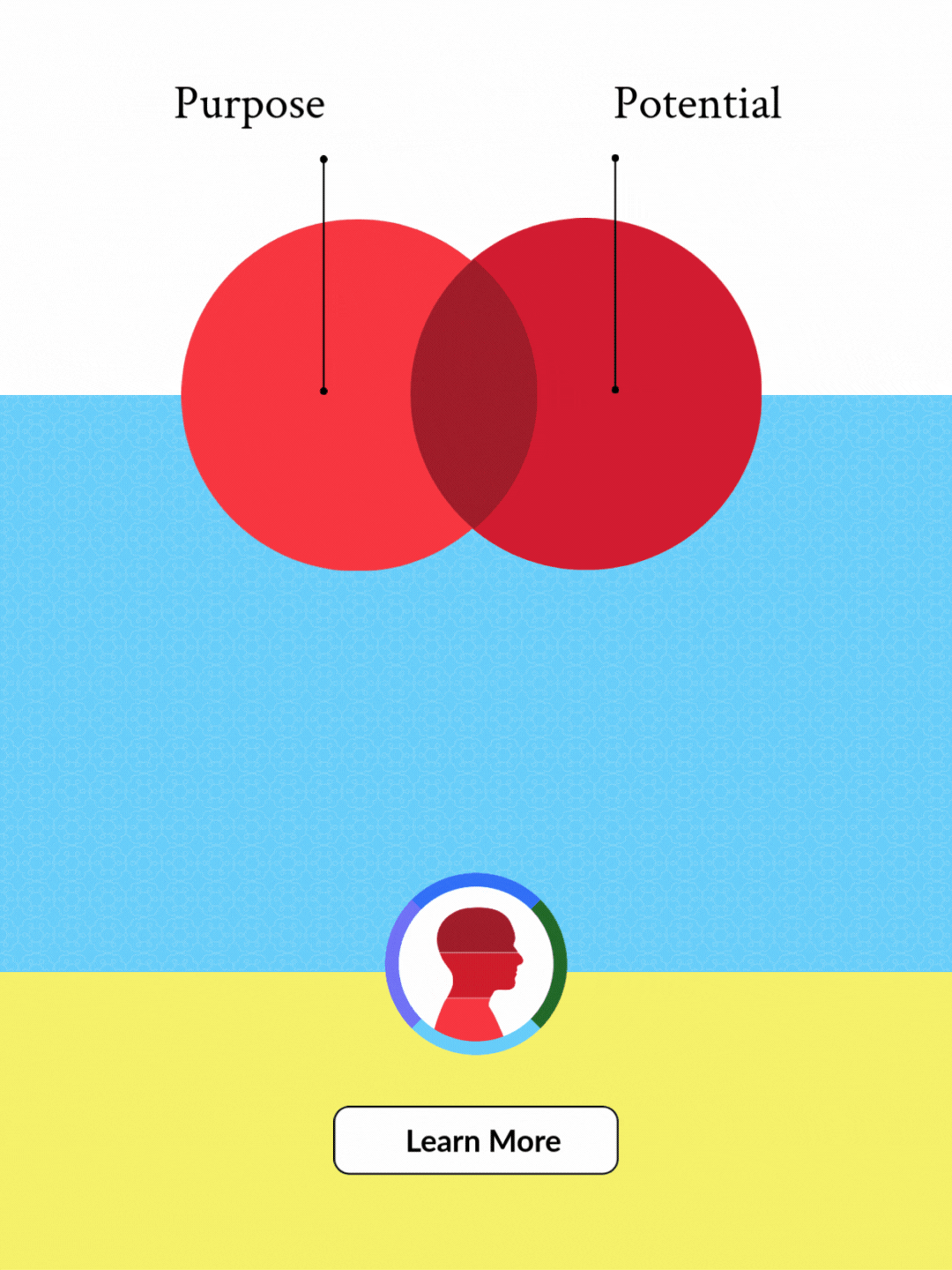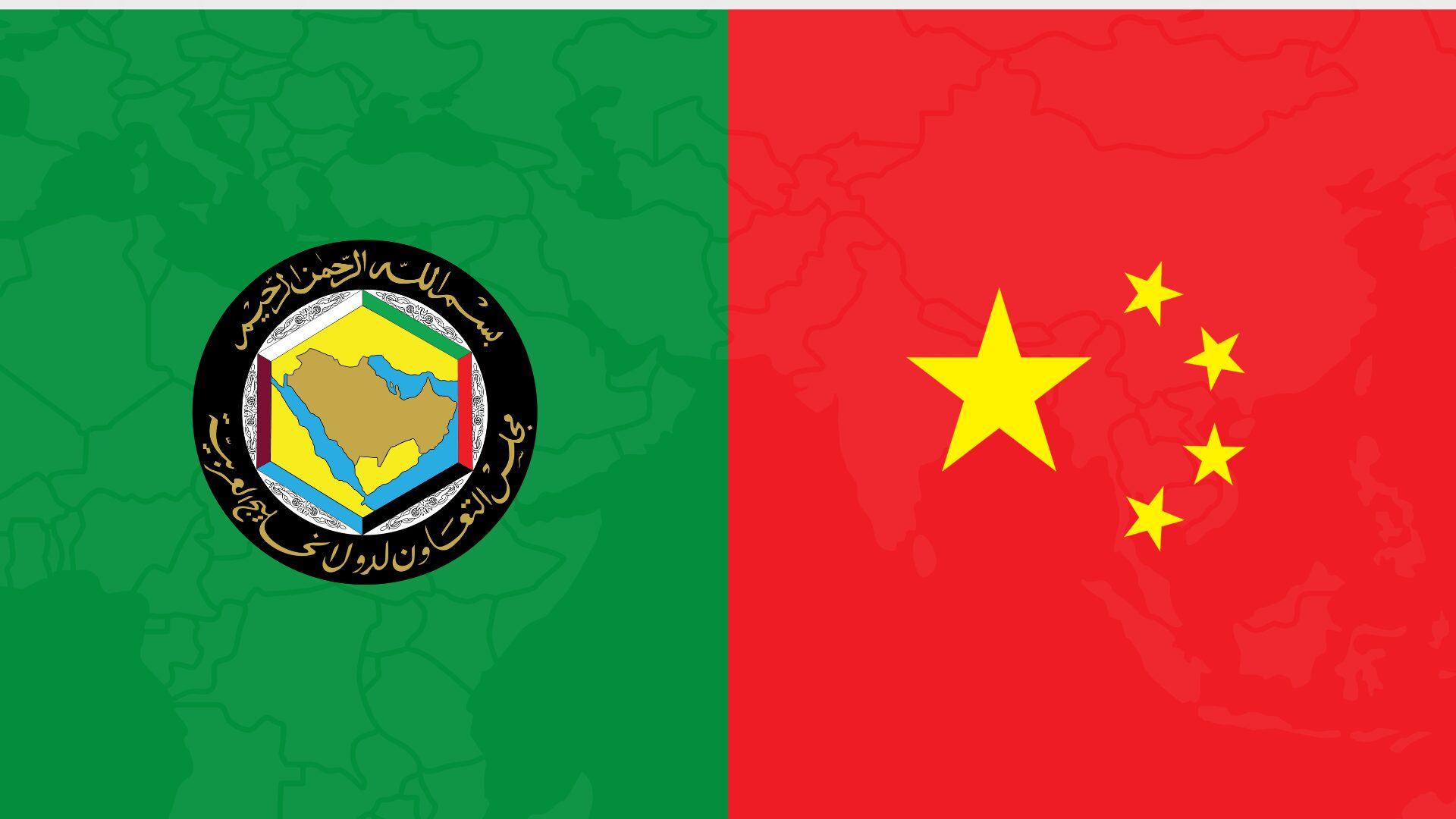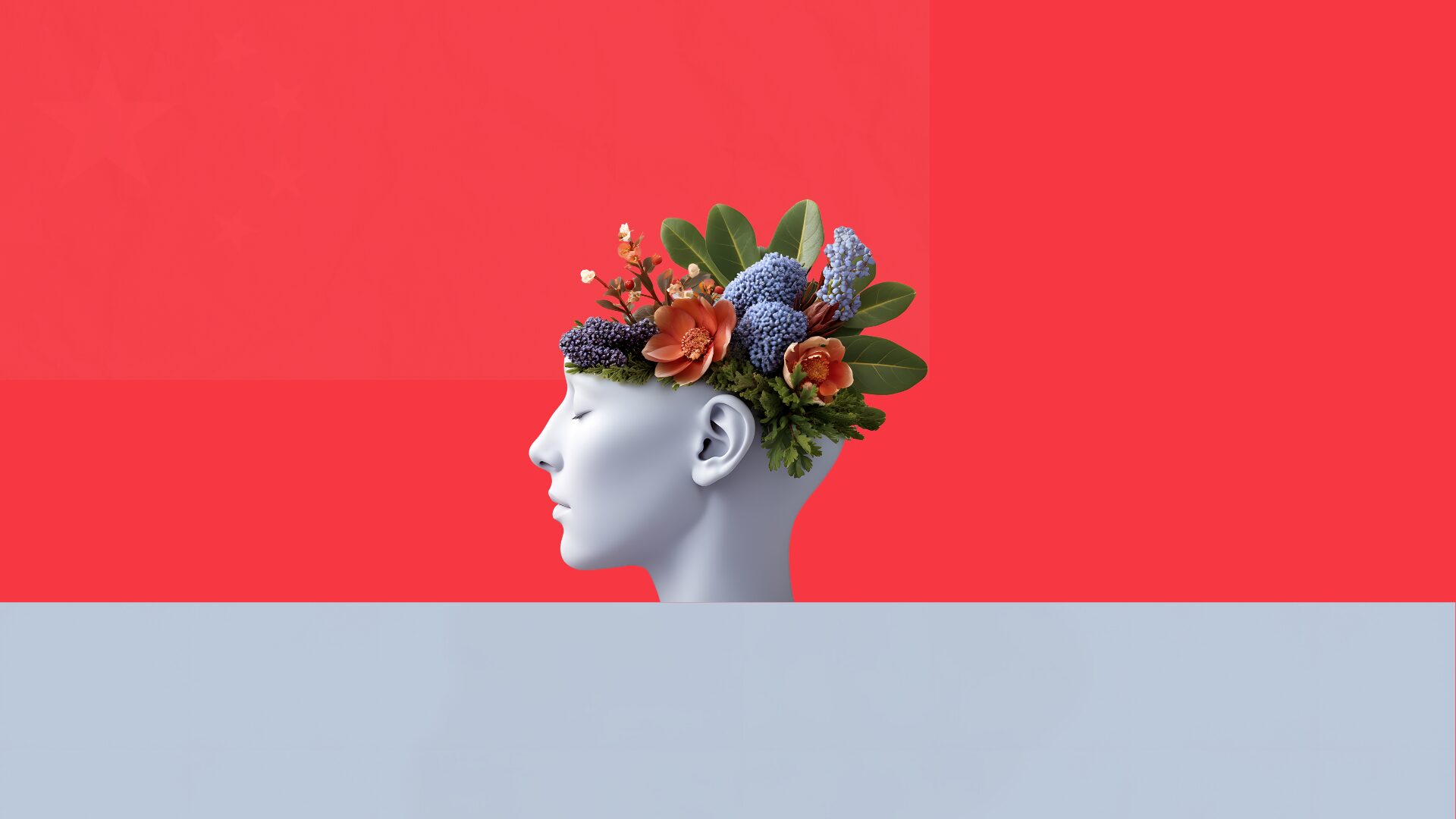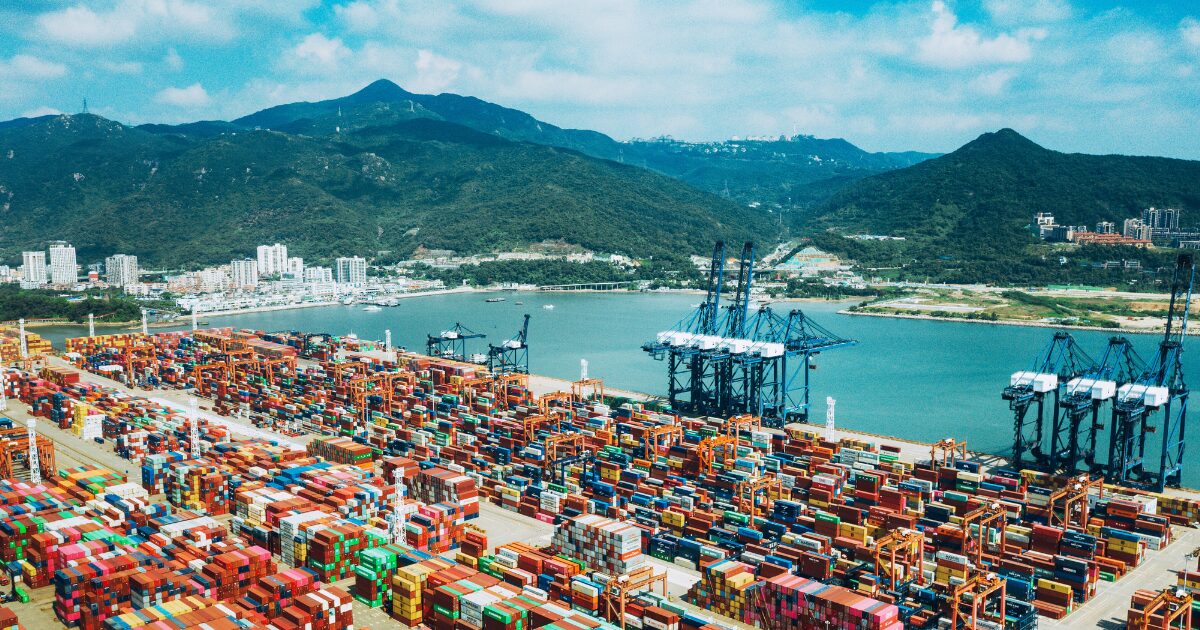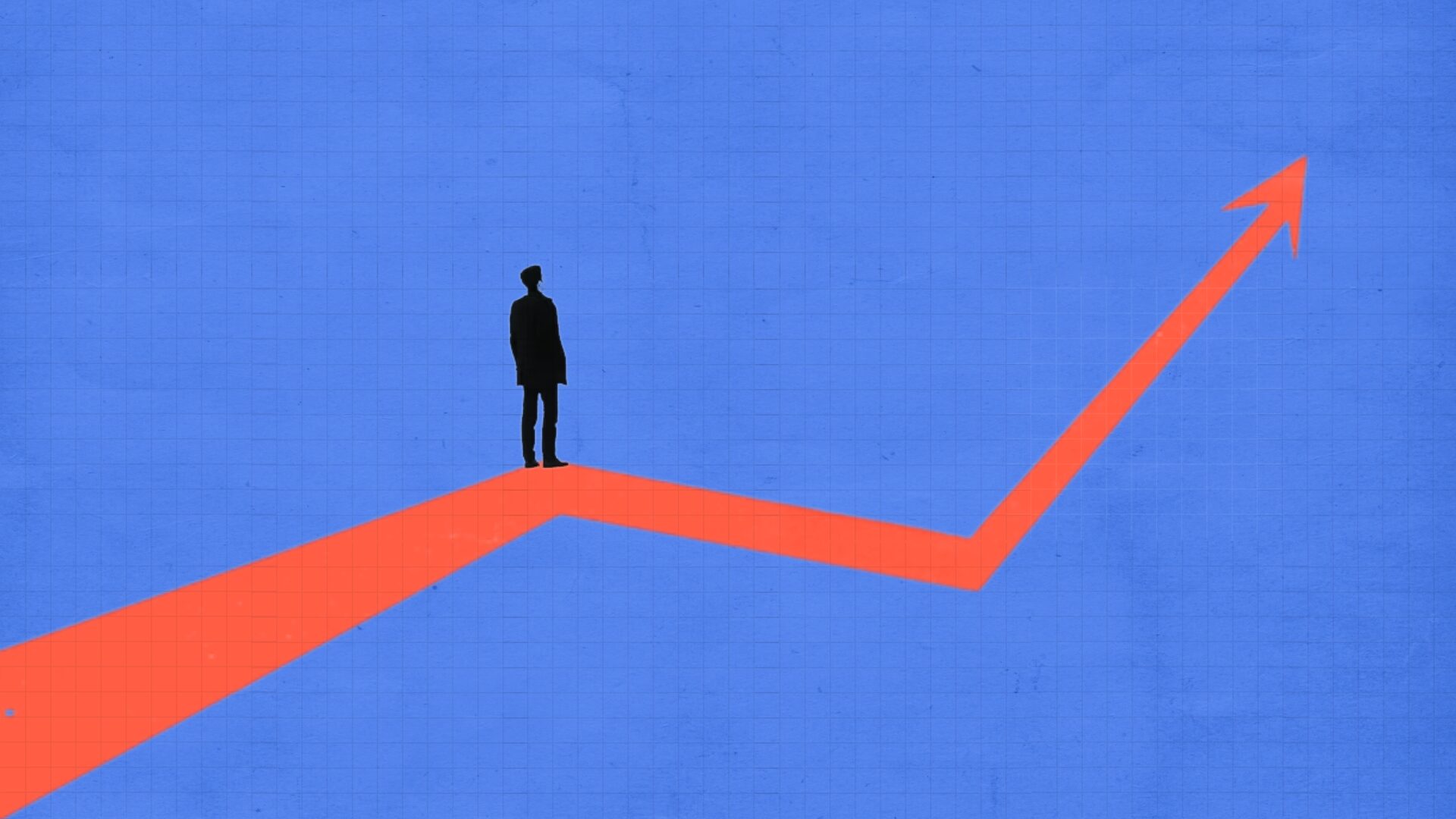As part of the UAE Government Leaders Programme (UAEGLP) 2025, the Global Institute For Tomorrow (GIFT) facilitated an Experiential Field Project in collaboration with the UAE Ministry of Cabinet Affairs. 15 senior UAE leaders from top Middle Eastern private and public organisations were immersed in a real-world challenge: improving access to clean water in Vietnam, with the remote Dien Bien Province as a pilot location.
In partnership with UNICEF Vietnam and Gravity Water, the project focused on enhancing financing sustainability and accelerating the expansion of Water, Sanitation, and Hygiene (WASH) initiatives, particularly through rainwater harvesting systems.
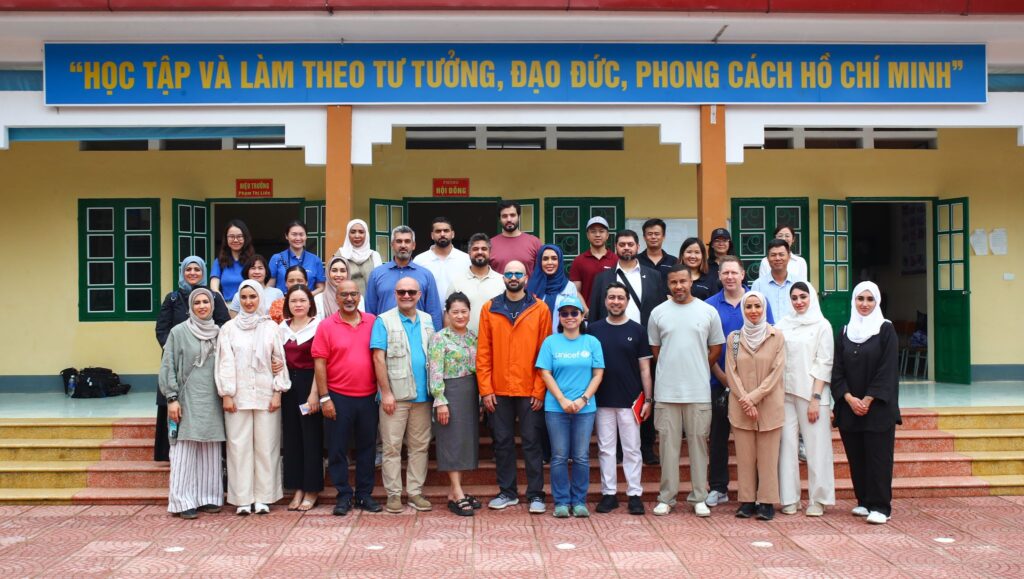
The Experiential Field Project
GIFT’s proprietary learning methodology honed through decades of experience facilitating for top international leaders was key to designing the Experiential Field Project for the UAEGLP. Participants’ capabilities were put to the test by placing them in real-world scenarios to identify practical solutions to address critical 21st-century challenges, from green energy generation and healthcare access to socioeconomic empowerment and agricultural innovation. In this case, participants flew into Vietnam from the UAE to undertake three and a half days of classroom sessions, project site visits, stakeholder meetings, and project planning sessions, combining research, analysis, and field insights to develop a robust strategic proposal.
The UAE-Vietnam Connection
Both the UAE and Vietnam have undergone remarkable economic transformations, evolving from resource-dependent economies into diversified hubs of innovation and growth, with annual GDP rates often exceeding 5-6%. This shared trajectory fosters mutual learning on sustainable development, as Vietnam’s manufacturing and tech boom mirrors the UAE’s pivot to high-skilled industries. In trade, bilateral ties have surged to over US$6 billion in 2024, bolstered by landmark agreements such as the UAE-Vietnam Comprehensive Economic Partnership, positioning both as key players in ASEAN-Middle East connectivity. On water challenges, the UAE’s expertise in desalination amid arid conditions parallels Vietnam’s struggles with climate-induced droughts, floods, and saltwater intrusion, making collaborative WASH initiatives a natural synergy for addressing shared vulnerabilities in water security and resilience.
The Key Challenge in Vietnam
Despite progress in implementation of WASH, Vietnam still faces major disparities in clean water access, especially in rural areas mostly populated by ethnic minorities, namely the Dien Bien Province that sits on the border of Northwest Vietnam and Laos. With the mountainous region most well-known for hosting a decisive victory against French forces more than half a century ago, Dien Bien remains underserved in essential services due to its poor socioeconomic development, with access to drinkable water near the top of priorities the provincial government seeks to address.
As of 2024:
- Over seven million Vietnamese children lacked access to clean water and sanitation at schools
- Nearly half the population did not have regular access to safely managed drinking water.
- Waterborne diseases such as diarrhoea and pneumonia remained leading causes of child mortality, leading to stunted growth among children in disadvantaged communities.
Climate change has only worsened the situation. Droughts and saltwater intrusion, particularly in the Mekong River Delta, have become more frequent, disrupting water supplies and reducing quality.
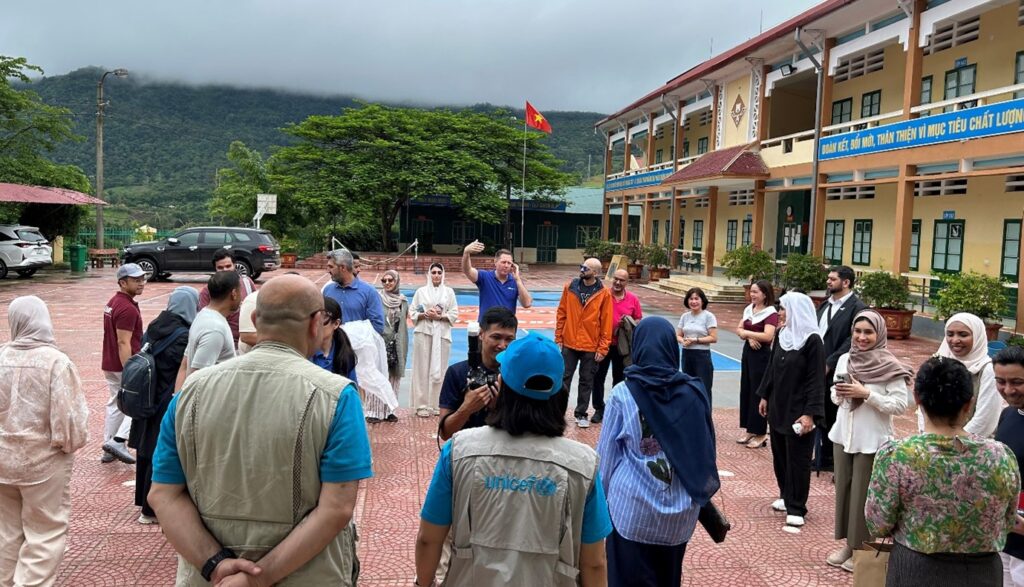
Key Partners and Their Contributions
The project leveraged the expertise of two primary partners:
UNICEF Vietnam, an active organisation in Vietnam for over 50 years, currently prioritising enabling access to safe water, sanitation, and hygiene for all across Vietnam, especially disadvantaged communities. Working closely with the government, they provide emergency WASH supplies, support upgrading of water treatment facilities and pipelines, and advocate for climate-smart solutions such as installing of rainwater harvesting and treatment systems in schools.
Gravity Water, an international non-profit partnered with UNICEF to bring their proprietary, industry-leading, low-cost rainwater harvesting and treatment systems to schools and communities in Vietnam. These gravity-fed systems require no electricity or complex infrastructure to operate and are supported by community education and local ownership to ensure sustainability.
Project Objective and Strategic Roadmap
The core objective of the project was to develop a strategic proposal for UNICEF Vietnam to enhance financing sustainability and accelerate expansion of its WASH initiatives, focusing on rainwater harvesting systems. The roadmap was built around three pillars:
- Sustainable funding models to diversify funding sources beyond traditional government budgets and Official Development Assistance (ODA), which has declined since Vietnam became a middle-income country. Strategies included leveraging commercial finance, exploring blended finance, engaging the private sector, and assessing communities’ willingness to contribute, all while ensuring equitable access for poor, mountainous, and ethnic minority communities.
- Several potential models discussed included engaging local corporations and MNCs for a Corporate Social Responsibility (CSR) Fund, establishing a Vietnam-based R&D center for WASH solutions (V-Wise: Vietnam Water Innovation for Sustainability and Empowerment), and creating an Industry Ecosystem such as WaterBack Vietnam, where consumer micro-contributions on products (e.g., 1 cent per T-shirt) fund water systems.
- Partnership models to identify and map key stakeholders beyond UNICEF. This includes collaboration efforts with various government ministries (e.g. Ministry of Agriculture and Environment (MOAE), Ministry of Health (MOH), Ministry of Construction (MOC)), provincial authorities, international organisations, the private sector, local communities, and educational institutions, as well as defining roles, responsibilities, accountability frameworks, and mechanisms to enhance coordination, especially through public-private partnerships.
- Social behaviour change models to promote sustained behaviour change related to sanitation and hygiene practices. Recommended strategies included promoting appropriate sanitation technologies, water-saving solutions, and alternative household water treatment methods. Recognising that behaviour change takes time, the proposal emphasised sustained support and follow-up.
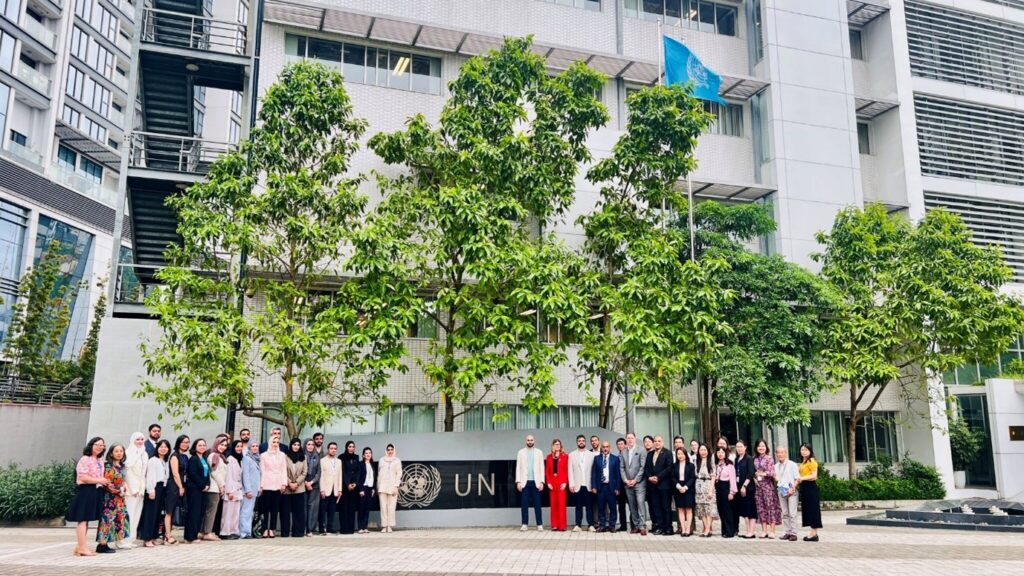
Vision and Impact
The project recognises Vietnam’s National Strategy on Rural Water Supply and Sanitation by 2030, with a vision to 2045 aiming for 100% of schools and rural households to have access to clean drinking water that meets WHO standards. The cohort’s proposal contributes to this national goal and to Sustainable Development Goal (SDG) 6: Clean Water and Sanitation, while also fostering job creation, community empowerment, and economic growth.
This initiative was also designed to align with the UAE Centennial 2071 and the National Strategy for Advanced Innovation, both of which prioritise human-centric solutions and position the UAE as a global hub for innovation and sustainability. Through such experiential projects, UAE leaders not only strengthen their competencies but also contribute scalable solutions to global challenges. The collaboration in Vietnam reflects the UAE’s commitment to building strategic partnerships with ASEAN countries, focusing on sustainable development, economic cooperation, and knowledge exchange. By combining innovation, local ownership, and cross-sector collaboration, this project highlights how leadership programmes can generate meaningful impact—ensuring that access to clean water becomes a shared reality for future generations.
Najmi is a Programme Associate at GIFT Hong Kong, where he contributes towards programme management, conducts market research, and supports in client outreach and marketing.


